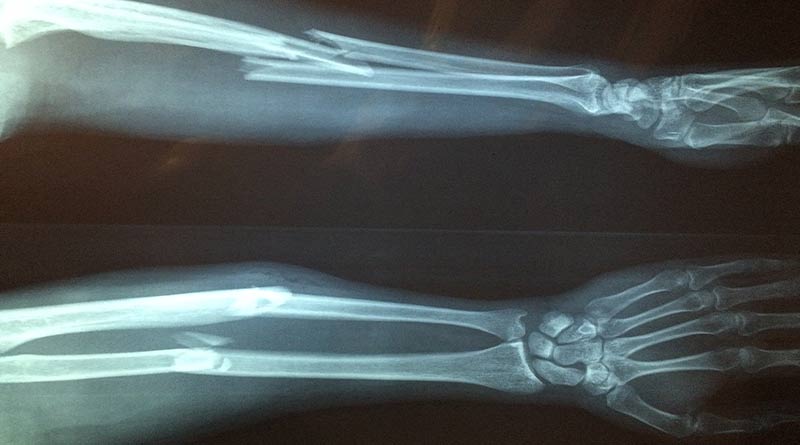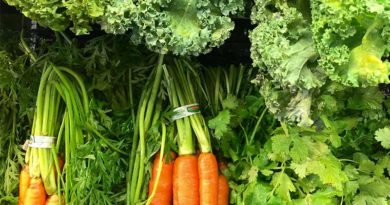Vegans & bone fractures

Executive summary
Please login to view this content
Introduction
We’ve got another epidemiological study this week. This one also made headlines around the world. CNN reported “Vegans may be at higher risk for bone fractures, study finds” (Ref 1). The headlines came from this paper “Vegetarian and vegan diets and risks of total and site-specific fractures: results from the prospective EPIC-Oxford study” (Ref 2).
I’ve mentioned before that the UK EPIC study (European Prospective Investigation into Cancer) particularly attracts my attention because I am one of the participants in the study. I was recruited in the 1990s when I was a member of the vegetarian society. I completed a food frequency and general health questionnaire when I was recruited and I recall completing one around 2010, but nothing for many years since then. My last questionnaire was completed as a meat and fish eater. I did wonder – if I now get cancer, is that assigned to my 20 years as a vegetarian or my (fewer than) 10 years as an omnivore? The supplementary file to this study answered that question for me, as I’ll share in a moment.
The study
This study came from the Oxford arm of the EPIC UK study (I don't know which arm I am in). Participants for this paper were categorised into four diet groups at baseline (1993-2001) and at follow-up (approximately 2010). The 54,898 participants were categorised into meat eaters, fish eaters (did not eat meat, but ate fish), vegetarians (did not eat meat or fish, but ate one or both of dairy or eggs), and vegans (did not eat meat, fish, dairy, and eggs) at both time points. There were 29,380 meat eaters (53.5% total), 8,037 fish eaters (14.6%), 15,499 vegetarians (28.2%) and 1,982 vegans (3.6%) at baseline. The approach to the Vegetarian Society clearly resulted in a vegetarian proportion substantially higher than in the general population.
If someone changed their diet between baseline and follow-up, any events until the return of the follow-up questionnaire were assigned to the baseline group and any events thereafter were assigned to the new diet group. Using me as an example, I was vegetarian for the baseline questionnaire, but had started eating meat (and fish) again by the time of the follow-up questionnaire. I started eating meat and fish again on Good Friday 2010, which was around the time the follow-up questionnaires were being done. Had I had an incident before returning my questionnaire, it would have been counted in the vegetarian group. Had I had an incident the day after returning my questionnaire, it would have been counted in the meat eating group – despite the fact I would have been vegetarian for the 20 years before that incident. Equally, I could have filled in my baseline questionnaire and then started eating meat the day after and any event in the first 10-15 years, before the follow-up questionnaire, would have been assigned to the vegetarian group. We’ll come back to how many people changed their diet, as this was one of the most interesting findings (but only to be found in the supplementary file).
The rest of this article is available to site subscribers, who get access to all articles plus a weekly newsletter.
To continue reading, please login below or sign up for a subscription. Thank you.




